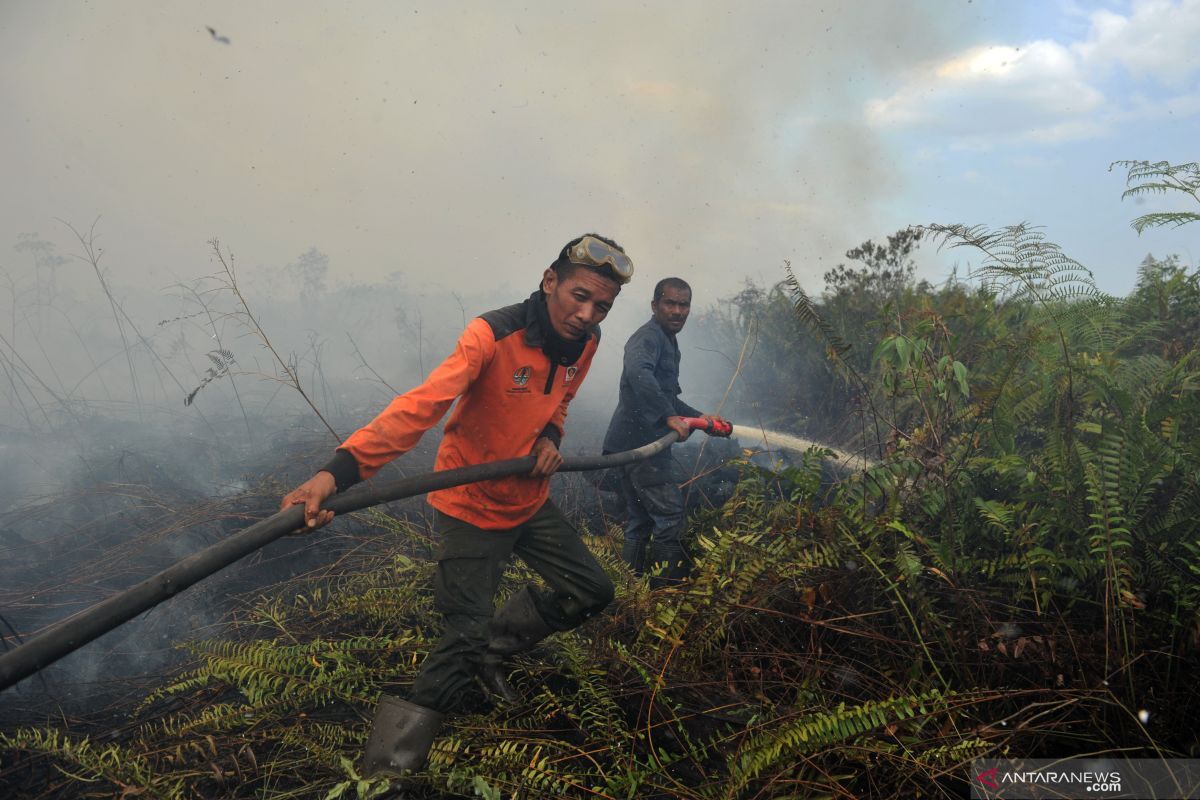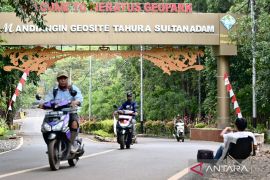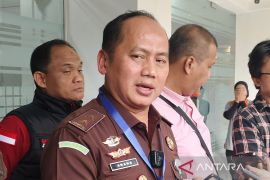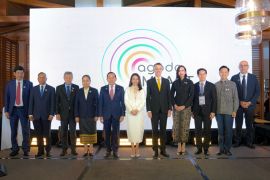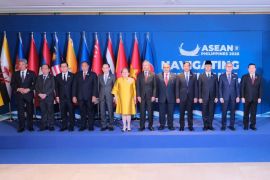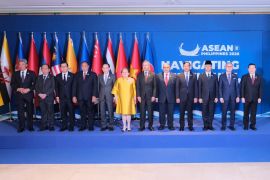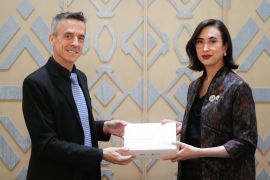SUPA is commissioned by The European Union and German Federal Ministry For Environment, Nature Conservation and Nuclear Safety (BMU) and will be implemented by GIZ. This program proffers benefits comprising management of risk of wildfires and reduction in transboundary smoke haze, according to the statement from GIZ.
"So far, it is not possible to have activities on the ground. Moreover, there is already an existing financing agreement between the ASEAN and European Union," the program leader, Berthold Haasler, stated.
"We hope to receive the final approval at the end of this month, then implement the agreement in September between the ASEAN and GIZ, and we start activities at the regional levels," Haasler remarked.
“It’s just a question of formal finalization. All member states have to approve, so you have to wait sometimes,” he added.
The SUPA supports the implementation of the ASEAN Program on Sustainable Management of Peatland Ecosystems 2014–2020 (APSMPE), with the objective of promoting the sustainable management of peatlands in the ASEAN region through collective actions and to intensify cooperation to support and sustain local livelihoods, according to the European Union.
Peatlands provide valuable support to the ecosystem, preserving the global biodiversity and carbon storage. In Southeast Asia, the tropical lowland peatlands, with predominantly peat swamp forest, covers 24.7 million hectares and represent 56 percent of the tropical lands, according to GIZ.
It is estimated that peatlands in Southeast Asia store around 68 billion tons of carbon, constituting 14 percent of the total carbon stored in peatlands globally. Among all ASEAN member countries, Indonesia boasts the most peatland area.
The SUPA program is structured into two components as the goal of the first component is to strengthen regional cooperation in the ASEAN by mainstreaming peatland strategies and facilitating regional knowledge exchange to enhance sustainable peatland management at the local, provincial, and national levels.
The second component aims to improve non-state actor participation in sustainable management and use of peatlands and will come under the direct management of the EU.
Charge d’Affaires a.i. of the Mission of the European Union to ASEAN, Lucas Cibor, stated that when it comes to climate change and environmental impacts, the EU will encourage ASEAN nations to adopt as many approaches as possible.
"These are issues that can only be dealt with at a global level, necessitating a regional approach as a starting point," he emphasized.
Head of Cooperation Indonesia at the EU Delegation Hans Famhammer hinted at the possibility of starting the actual implementation of SUPA likely in October, "it’s ongoing," he added.
The ASEAN has yet to respond to ANTARA on when the final approval on SUPA will be released.
Despite hopes pinned high on the ASEAN walking the talk on SUPA immediately, Mother Nature has its own clock. The Australian monsoon can make parts of Southeast Asia prone to fires in the next week, according to the Fire Danger Rating System (FDRS) early warning system.
The land fire potential was detected in Indonesia, Brunei Darussalam, Cambodia, the Philippines, Thailand, Malaysia, and some small parts of Myanmar, Vietnam, and Laos on Aug 6-8, it stated.
"Currently, most parts of Indonesia and some other countries in the ASEAN have experienced the Australian monsoon, characterized by dry winds that blow from the southeast," Deputy for Meteorology of the Meteorology, Climatology and Geophysics Agency (BMKG) Mulyono R. Prabowo stated on Wednesday (Aug 7).
The weather is also affected by the anomaly of sea surface temperature in the Indonesian waters, especially on the south side of the equator; weak intensity of the El Nino phenomenon that hit the region since the end of 2018; and the Indian Ocean Dipole Mode.
This has triggered a drier season in 2019 than that in 2018, Prabowo noted.
“The dry condition was followed by the emergence of hotspots that can be indicative of land and forest fires. It will produce haze and deteriorate the air quality. Hence, we need to increase awareness and prepare measures to minimize the impact," he elaborated.
These natural phenomena should be a warning sign for all ASEAN member countries to work faster in implementing SUPA.
Editor: Rahmad Nasution
Copyright © ANTARA 2019
